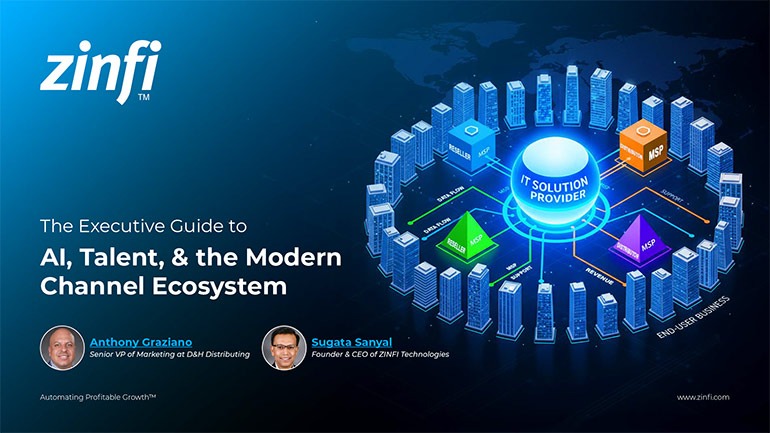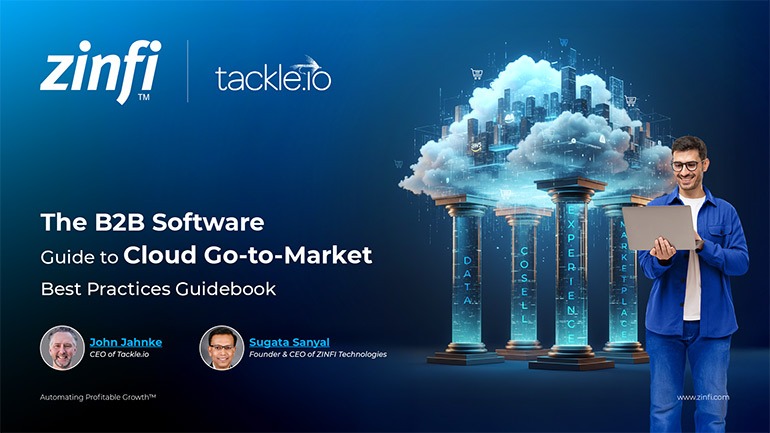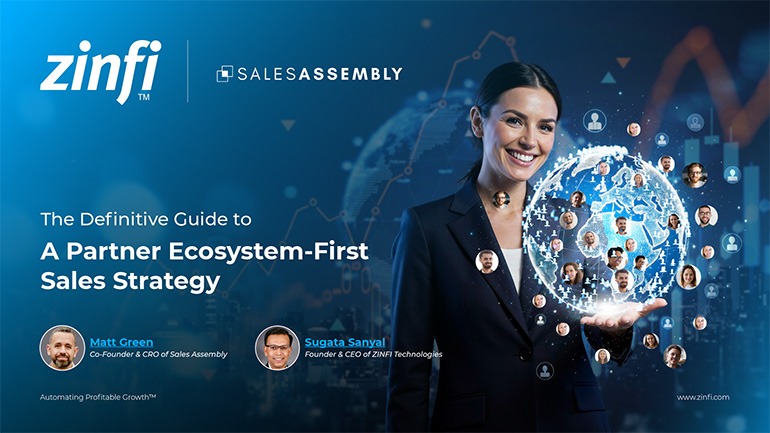Glossary - What is - Channel Partner Engagement
What is Channel Partner Engagement?
Channel partner engagement refers to building and maintaining strong, collaborative relationships with channel partners, such as resellers, distributors, and other third-party entities involved in selling and distributing a company’s products or services. Effective engagement strategies include communication, training, support, and incentives to motivate and empower partners. In partner ecosystem management, channel partner engagement is crucial for ensuring that partners are aligned with the company’s goals, equipped with the necessary resources, and motivated to achieve high performance.
In partner management automation, channel partner engagement leverages technology to streamline and enhance interactions between a company and its partners. Automation tools facilitate efficient communication, provide access to training materials, and deliver real-time performance data. These tools help maintain a consistent and scalable engagement approach, ensuring all partners receive the support and information needed to succeed.
Key Takeaways:
- Enhanced Communication: Effective partner engagement starts with robust communication channels. Automated platforms can provide seamless, real-time communication between a company and its partners, ensuring that partners are always informed about new products, promotions, and updates. This continuous flow of information helps partners to be more effective in their sales efforts. For more on ZINFI’s approach to communication, visit ZINFI Communication Modules.
- Comprehensive Training: Providing partners with thorough training resources is vital for successful channel partner engagement. Partner management automation tools can offer a range of training materials, such as webinars, tutorials, and certification programs. These resources help partners better understand and sell the company’s products, leading to higher performance and satisfaction. Explore ZINFI’s training solutions at ZINFI Training Management.
- Performance Tracking and Analytics: Utilizing data analytics to track partner performance is essential to channel partner engagement. Automated systems can monitor Key Performance Indicators (KPIs) and provide insights into partner activities, allowing companies to identify top-performing partners and areas for improvement. This data-driven approach helps in tailoring support and incentives to maximize partner success. Learn more at ZINFI Partner Performance Management.
- Incentive Programs: Incentive programs are critical in channel partner engagement by motivating partners to achieve specific targets. Automated platforms can manage and track these programs efficiently, ensuring timely rewards and recognition. By aligning incentives with company goals, businesses can drive partner behaviors that increase sales and growth. Details on ZINFI’s incentive solutions can be found at ZINFI Incentives Management.
- Support and Resources: Providing partners access to comprehensive support and resources is fundamental to successful engagement. Automated partner portals can offer a centralized hub where partners can find marketing materials, sales tools, and technical support. This easy access to resources ensures partners have everything they need to succeed. For more information, visit ZINFI Partner Portal Management.
Summary of Key Takeaways:
Effective channel partner engagement hinges on robust communication, comprehensive training, performance tracking, incentive programs, and access to support and resources. Automation tools enhance these aspects by streamlining processes and providing real-time data, ensuring that partners are well-equipped and motivated to perform at their best. These strategies not only strengthen partner relationships but also drive overall business growth. Explore their products and resources to dive deeper into ZINFI’s engagement solutions.
Key Examples:
- Automotive Manufacturing: In the automotive sector, manufacturers often rely on a network of dealers and distributors to reach end customers. Effective channel partner engagement involves providing these partners with training on new vehicle models, access to marketing materials, and performance incentives. By leveraging automated systems, manufacturers can ensure that all dealers are up-to-date and motivated, increasing sales and customer satisfaction.
- Consumer Electronics: Consumer electronics companies engage with various retail partners to distribute their products. Automation tools can streamline the dissemination of product information, training modules, and promotional updates. This ensures that retail partners are knowledgeable and prepared to sell the latest gadgets effectively, enhancing overall market penetration and sales performance.
- Energy Production: In the energy sector, companies engage with partners who specialize in installing and maintaining energy systems. Providing these partners with comprehensive training and real-time support through automated platforms ensures they can deliver high-quality service to end customers. Performance tracking and incentive programs further motivate partners to achieve excellence in their operations.
- Financial Services: Financial institutions often work with independent advisors and brokers. Effective engagement involves training these partners on new financial products, performance analytics, and tailored incentives. Automation tools facilitate these processes, ensuring consistent support and driving higher sales and client satisfaction.
- Food and Beverage: In the food and beverage industry, manufacturers engage with distributors and retailers to ensure their products reach consumers efficiently. Automated systems can manage communication, provide access to marketing resources, and track sales performance. These tools help maintain strong relationships with partners, leading to better market coverage and increased sales.
- Healthcare Services: Healthcare companies collaborate with a network of distributors and service providers. Channel partner engagement in this sector involves training partners on new medical devices, providing access to technical support, and implementing incentive programs. Automated platforms streamline these processes, ensuring partners are well-informed and motivated to deliver high-quality care.
- Information Technology: IT companies rely on resellers and system integrators to distribute their products and services. Effective engagement strategies include training on new technologies, providing access to sales tools, and tracking performance through automated systems. These efforts help ensure that partners are equipped to deliver cutting-edge solutions to their customers.
- Pharmaceutical Development: Pharmaceutical companies engage with various partners, including distributors and healthcare providers. It is crucial to provide these partners with comprehensive training on new drugs, access to marketing materials, and performance incentives. Automation tools facilitate these processes, ensuring consistent and practical engagement.
- Retail Industry: Retailers work with various suppliers and brands to offer multiple products. Channel partner engagement involves providing partners with marketing support, training, and performance tracking. Automated platforms streamline these activities, ensuring all partners are aligned and motivated to drive sales and customer satisfaction.
- Telecommunications: Telecom companies collaborate with service providers and retailers to reach consumers. Effective engagement includes training partners on new services, providing marketing resources, and implementing incentive programs. Automation tools ensure these processes are efficient and scalable, leading to better partner performance and customer service.
Conclusion:
Channel partner engagement is essential for building strong, productive relationships with various partners, including resellers, distributors, and service providers. This engagement involves robust communication, comprehensive training, performance tracking, incentive programs, and access to support and resources. In the context of partner ecosystem management and automation, these processes are streamlined and enhanced through technology, ensuring partners are well-informed, motivated, and equipped to succeed.
For example, in the automotive manufacturing industry, effective engagement with dealers ensures they are trained on new vehicle models and motivated through incentives. Automated tools help retailers stay updated on the latest products and promotions in the consumer electronics sector. Similarly, automation facilitates seamless communication, training, and support in energy production, financial services, and other industries, driving partner success and business growth.
By leveraging automated systems, companies can maintain a consistent and scalable approach to partner engagement, ensuring all partners receive the necessary resources and support. This not only strengthens partner relationships but also contributes to overall business performance. Explore their comprehensive range of products and resources for more information on ZINFI’s solutions and how they can enhance channel partner engagement.
Associated Keywords:
- Partner Relationship Management
- Channel Incentive Programs
- Automated Partner Training Systems














